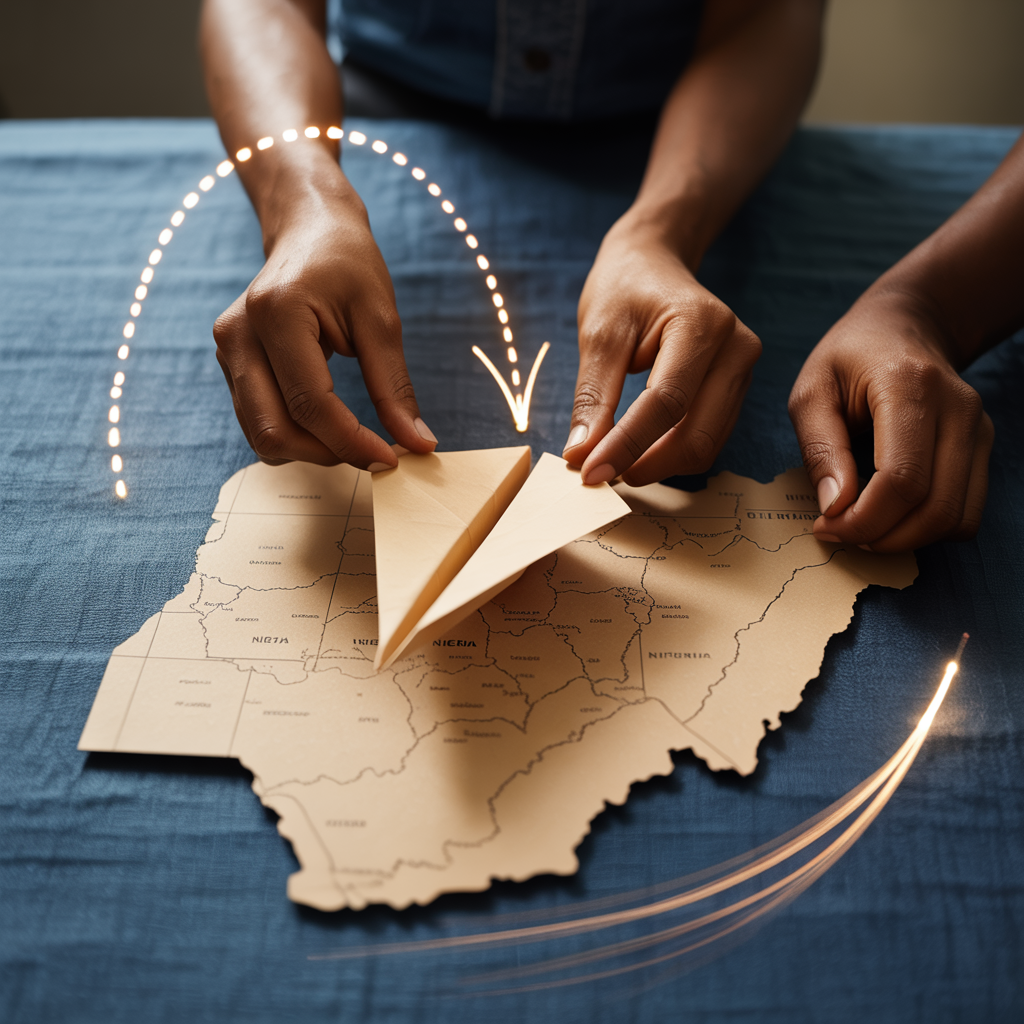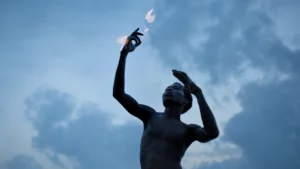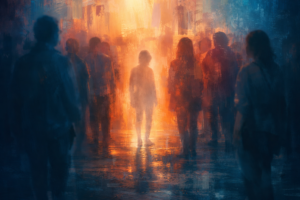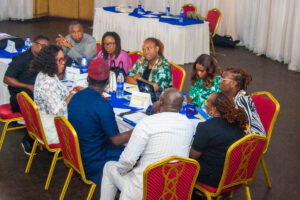
A few weeks ago, I heard someone say-almost in passing-that Nigerian tech founders often miss out on global awards and fellowships because of Nigeria’s poor tourism appeal. The comment struck me as odd at first, but the more I reflected, the more it made a troubling kind of sense. These opportunities are not just about the work, no matter how brilliant-but also about the “experience” they offer to global audiences.
Organisers want to shoot videos against breathtaking backdrops, visit national parks, and showcase culture as part of their storytelling. In this, countries like Rwanda, Kenya, South Africa, and even Ghana have an edge. Their political stability, curated urban aesthetics, and tourism branding help them tell beautiful stories that pair well with impact.
Nigeria, on the other hand, offers little visual or logistical ease for this kind of storytelling. The security advisories, chaotic infrastructure, and governance failures don’t just affect citizens, they also affect how we’re seen, supported, and celebrated globally.
And this challenge is not unique to tech founders.
Civil society organisations (CSOs) in Nigeria face the same glass ceiling. Despite groundbreaking work in education, governance, digital rights, or climate justice, the visibility and resources often skew in favour of counterparts in East or Southern Africa. Why? Part of the answer lies in the donor ecosystem and its embedded assumptions. Donors are often drawn to what looks like “success”: a functioning airport, the ease of movement, a culture of safety. These factors subtly shape where funding flows and whose stories are told.
This is not a donor-bashing thought. If anything, but for donors, much of the development work that Nigerian CSOs have achieved wouldn’t have been possible. But it is worth naming the structural imbalance.
More troubling, though, is how Nigerian CSOs have adapted to this bias. Too often, our development agenda becomes donor-driven. We adopt donor vocabulary and frameworks wholesale, rarely pausing to ask if they reflect our local realities. The result is a version of impact that may look good on a report but feels alien to the beneficiaries. And all of this is supposed to be for the beneficiaries, right?
So, what can we do?
First, we must rethink development not just as aid or intervention but as co-creation. Nigerian problems need Nigerian solutions designed by Nigerians, with and for the people who live the experience. That means involving our communities not just as recipients but as architects of the future. It means building new models of accountability that privilege listening over assumptions and iteration over imported models.
Second, we need to rethink storytelling. The world will not come here to tell our story and they shouldn’t have to. We must document our wins, our experiments, our failures. Let’s invest in narrative through visuals, data, podcasts, essays, and even local folklore that can challenge the single story of dysfunction.
We underestimate how much social media is already moving culture, ideas, and perception. Look at what BudgIT has done with budget transparency; they’ve made numbers sexy (to me, at least). Or how civic tech like Tracka and civic groups like EiE Nigeria have created platforms for citizens to engage and demand accountability. YIAGA Africa has strengthened electoral integrity, and CJID has fought disinformation and protected independent journalism. The list could go on. These are Nigerian solutions, rooted in context.
Third, we must rethink governance not just of state structures, but of our own institutions. Internal governance, strategic clarity, and operational sustainability should be top priorities. We can’t afford to be reactive anymore. The civic space is shrinking, funding is volatile, and the public is fatigued. To stay relevant (and I know that’s not why we do the work, truly), we must build resilient institutions that think long-term.
Yes, Nigeria has not given us the best scrap pad to work with. I once joked that when asked what to see in Nigeria, by the time I mention ten things, about seven are restaurants. But maybe that’s exactly why our creativity must be sharper, our structures more agile, our solutions more indigenous. In a culture where hardship is romanticised, innovation doesn’t always come easy. Because why should this be easy to navigate, right?
The world may not hand us the limelight. But that’s no excuse not to shine. And if we shine long and hard enough-on our terms-the world will eventually look up.






